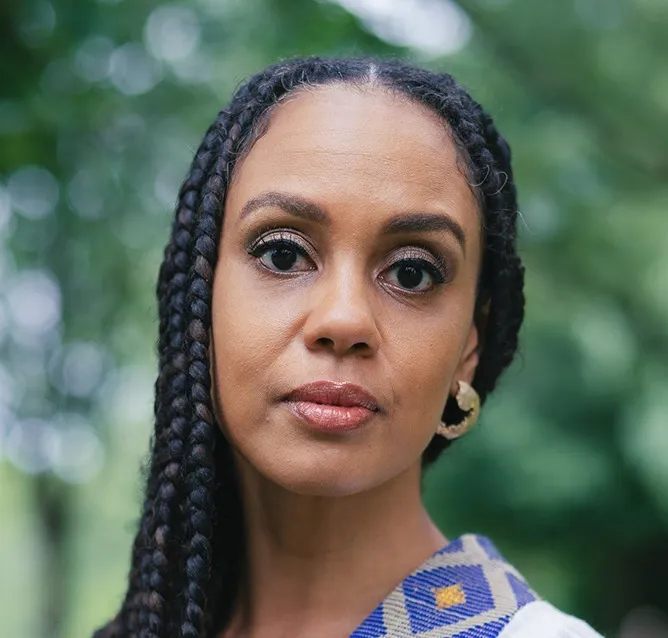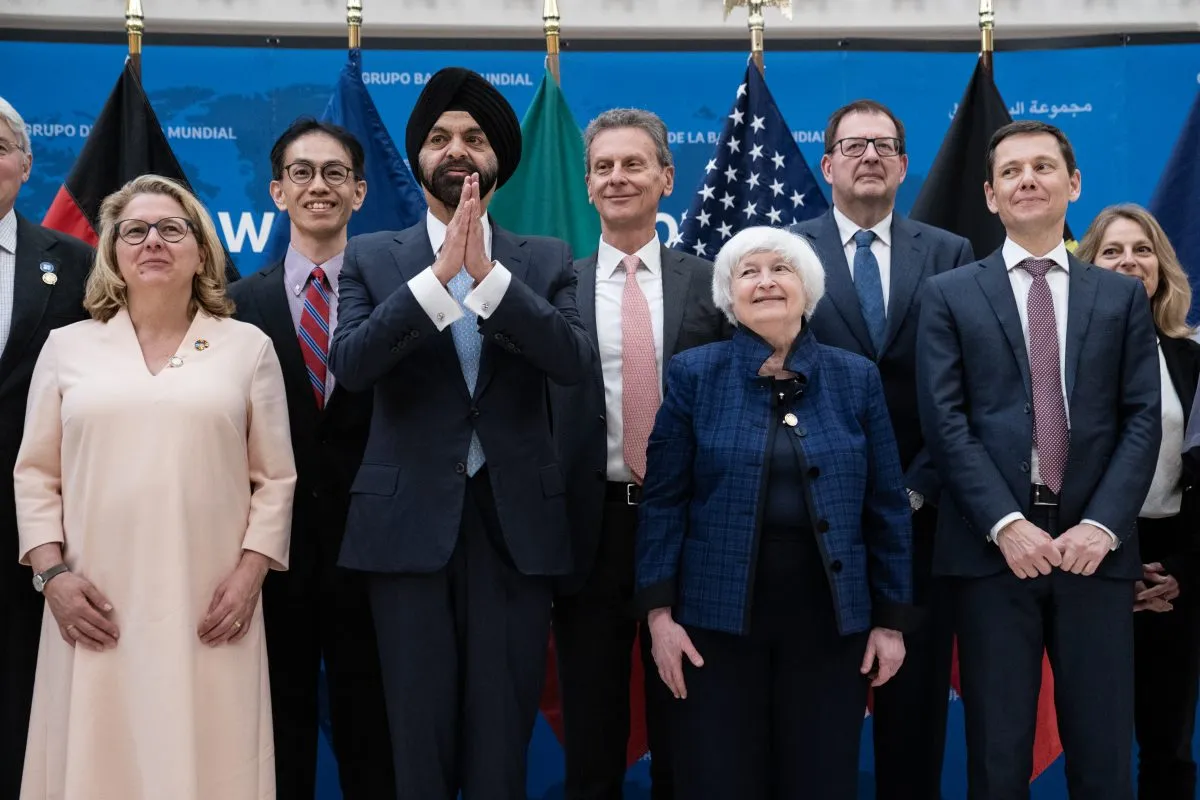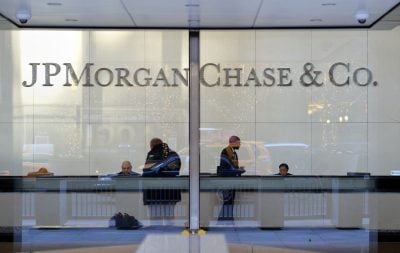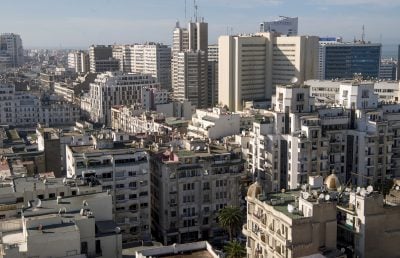Despite the world now being three years into the post Covid-19 “recovery”, the issue of debt and debt default remains a live one for many relatively poor countries in the world, including on the African continent. Take my country, Kenya, which has worked so hard – perhaps too hard – to avoid defaulting on debt. The country has reissued Eurobonds to prolong their maturity – albeit at a rate higher than the original interest rate – and attempted to raise taxes and cut spending on already unemployed and poor citizens, partly in order to seek around $1bn of loans from the International Monetary Fund (IMF). The country’s attempts to align policy with the wishes of multilateral lenders has sparked a citizens’ revolt and substantial violence.
The interest rates on Kenya’s IMF borrowings range between 0% and 4.5%, and most must be repaid in between 4.5 and 10 years.
The word “must” is important here because in the current financial system, the IMF is assumed to be a preferred creditor – a country or organisation that has priority in being repaid if a debtor needs to default.
Locked-in syndrome
Traditionally, the IMF and other multilateral development banks and institutions have been seen within the international financial system as having preferred creditor status (PCS). Put simply, they come before others in the payment queue. PCS means that for a country like Kenya, which has relied primarily on multilateral organisations for external debt, even if the country were to default, 49% of its borrowing would be locked in – essentially un-relievable or un-restructurable, except through applications for entirely new lending. In the IMF’s case at least, that would come with conditions most citizens find unfathomable, at least at this stage of Kenya’s development.
No wonder Kenya has tried to avoid default.
That said, Kenya’s experience, as well as that of countries that have defaulted in recent years such as Zambia, Ethiopia and Ghana, raises questions about why this PCS notion exists in the first place.
The IMF is a huge, 80-year-old financial institution. Its lending to the entire African continent accounts for just 10% of its total portfolio – and that does not account for the many other financial instruments it has not targeted at these markets at all. Surely it can weather and withstand a pause in repayments from one or two of the continent’s 54 United-Nations-recognised countries? Kenya or Ethiopia defaulting would hardly create a storm.
The key instance in which a storm would likely be created is, for instance, the case in which Kenya or another African country were to default on repayments to another, relatively smaller financial institution that is highly dependent on African markets – for example for 50% or more of its capital and/or lending portfolio.
Such an institution not having preferential status in this case would be doubly harmful to the African borrower – as the pause in repayments would feel like a storm, and would therefore drive up future interest rates from that institution, for the defaulters as well as for other African borrowers. That could threaten the potential for more diversity in sources of finance, which is crucial to preserving and driving up the quality of global development finance.
Similar points apply to other relatively smaller, regional lenders. It’s not just an African issue. Indeed, unlike the IMF and World Bank, many of the regional financial institutions are very popular because their finance comes with fewer conditions, and is often attached to practical, results-oriented projects that citizens see results from.
In a forthcoming paper, for instance, my colleagues at Development Reimagined explore the role that African banks have played in financing infrastructure on the continent, which has, in contrast, been highly neglected by the World Bank.
Preference is political
The choice of which creditors are “preferred” or not is therefore not a simple question, nor is it apolitical.
In some cases, such as that of the IMF and Kenya, the existing situation deserves questioning. Who can weather a financial storm? The large, high-income shareholders of the IMF, or impoverished citizens?
In other cases, such as those involving smaller, regional banks, it may well be important to strengthen the status quo, both to ensure greater diversity in the international financial system and to protect countries such as Kenya from assuming more risk. The post-Covid-19 world might be turbulent, but slowly but surely, it is revealing some of the greatest problems with the current logic of the international financial system. It’s high time to start shifting it towards the interests of borrowers, not the largest creditors.
Want to continue reading? Subscribe today.
You've read all your free articles for this month! Subscribe now to enjoy full access to our content.
Digital Monthly
£8.00 / month
Receive full unlimited access to our articles, opinions, podcasts and more.
Digital Yearly
£70.00 / year
Our best value offer - save £26 and gain access to all of our digital content for an entire year!

 Sign in with Google
Sign in with Google 



